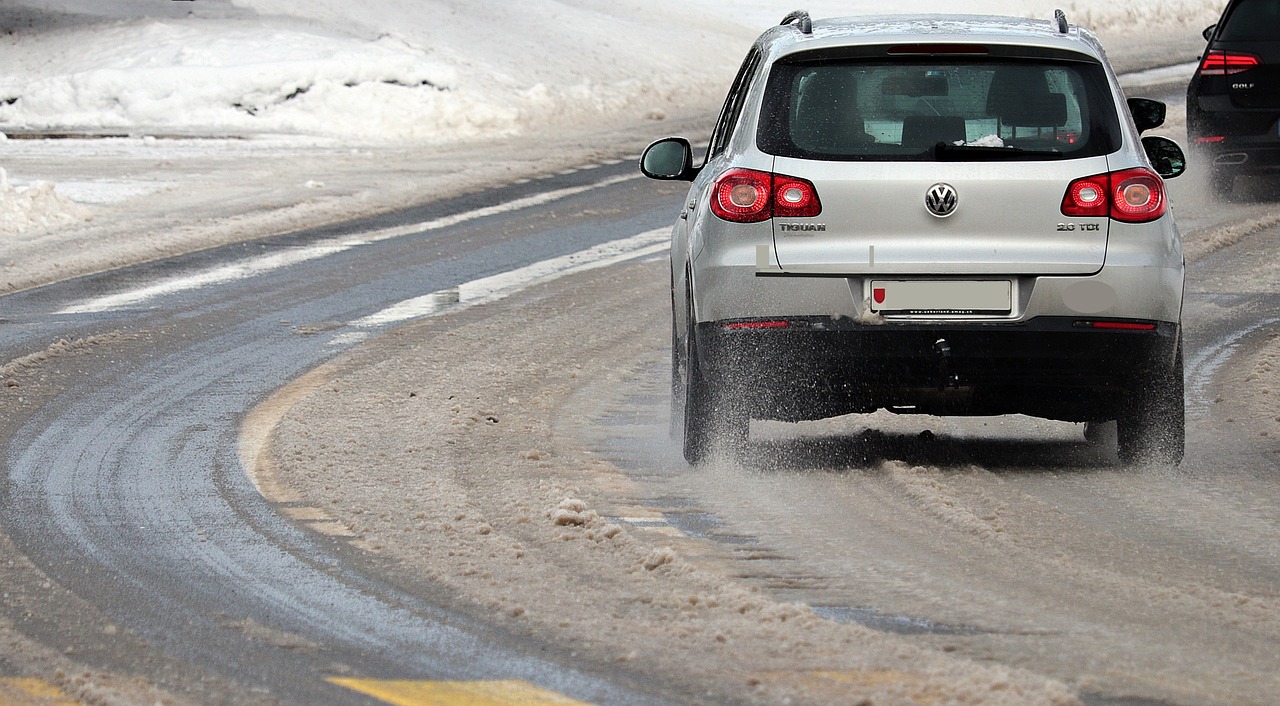There’s never a good time for an automotive maintenance issue. Winter, however, is a particularly inconvenient time to notice engine issues, low coolant levels or other problems. Find out how cold weather impacts your vehicle and explore the best ways to restore safe performance. Pick up a car battery, snow tires and other parts and accessories to make the most of your winter-time commute. Stay safe as you drive down snowy, slippery roads.
Does Cold Weather Affect Car Engines?
Cold weather affects many aspects of your car’s performance. From the engine to the battery, these essential components don’t immediately operate at peak conditions due to the extreme temperatures. Here are some main components that are affected by winter-time weather:
- Engine
- Oil
- Battery
- Tires
- Windshield wipers
Your engine needs to operate at a specific temperature range in order to enjoy optimal fuel economy. Winter temperatures are significantly below that optimal level, so you’ll experience a decrease in fuel economy until your engine warms up. Idling uses fuel as well, so warming up your car before you travel also uses additional fuel.
Engine oil lubricates moving parts in a range of temperatures. While your specific oil weight still allows you to drive in cold weather, it will be thicker than normal. Thick oil doesn’t lubricate as efficiently, which can cause stress on your engine components until the oil warms up.
A key way to winterize your car is by replacing your battery. An old battery is more likely to be damaged in extreme weather conditions. The last thing you want in the winter is a dead battery, so plan ahead and replace an older battery with a new, warrantied option.
The air pressure of your tires is affected by the outside temperature. Cold days reduce the air pressure in your tires. In extremely cold temperatures, this can result in decreased fuel economy, traction and tire lifetime.
Windshield wipers that aren’t rated for winter use quickly freeze to your windshield. Continual freezing and thawing can damage many types of wipers, which will decrease their effectiveness. Replace your wipers every six months or when they show signs of streaking. New wipers offer you the performance you need to wipe away melted snow, road salt and other contaminants on your windshield.
What Are Some Cold Weather Car Problems?
These cold weather effects can lead to a number of car problems. Here are the most common issues you may face in cold weather:
- Flat tires
- Car won’t start
- Poor fuel economy
Frequently inspect your vehicle for signs of cold weather damage. Low tire pressure, old batteries and the wrong oil weight can all cause these and other weather-related driving issues. A fully maintained vehicle can safely travel through winter extremes and safely reach your destination.
These cold weather problems can be avoided with the right maintenance steps and winter accessories. Shop for tire socks, winter windshield wipers, an emergency kit and other items to prepare for winter extremes. Drive safely and confidently thanks to a fully maintained car equipped with winter tires and other accessories from your trusted auto parts store.




